Perceived Value Can Matter More Than Actual Value
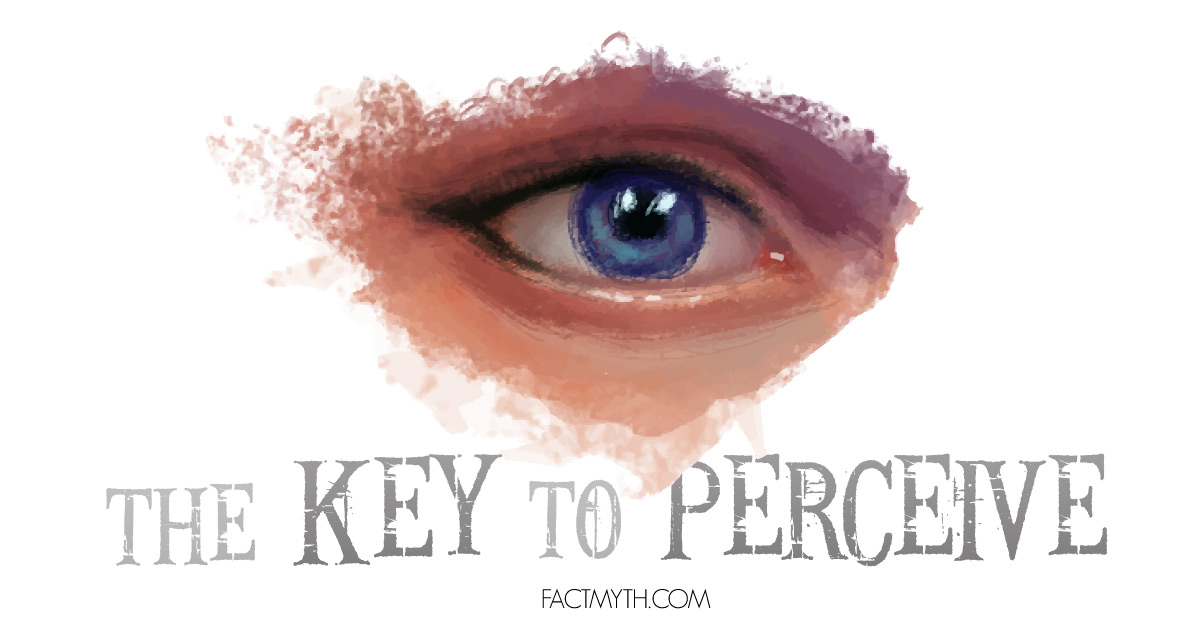
The amount of social, economic, or other value we perceive a person, place, or thing to have affects our perception of it (often more than actual value).
Thinking is a mental process which allows humans to model the world, philosophy is the attempt to understand the world using logic and reason. The world being both the external and the internal, and both the knowable and unknowable.
For an overview of philosophy see our branches of philosophy page, for an introduction to philosophy check out Reason at Work (Amazon). Philosophy includes everything from economic and political philosophies, to the philosophies of emotions and mind, to cosmological and other other metaphysical questions, to the nature of god and religion, to the very nature of what we can know. Given that every subject has a science and philosophy (with the two often merging, such is the case in theoretical physics or mathematics) we have to be careful not to undervalue the practical aspects of this non-science.

The amount of social, economic, or other value we perceive a person, place, or thing to have affects our perception of it (often more than actual value).

The average human has a limited short-term memory and a fairly inaccurate long-term memory. This is due to the way we process, encode, and recall memories.

People can’t multitask effectively. Giving simultaneous attention to tasks, or alternating and dividing attention between tasks, reduces the performance of at least one task.
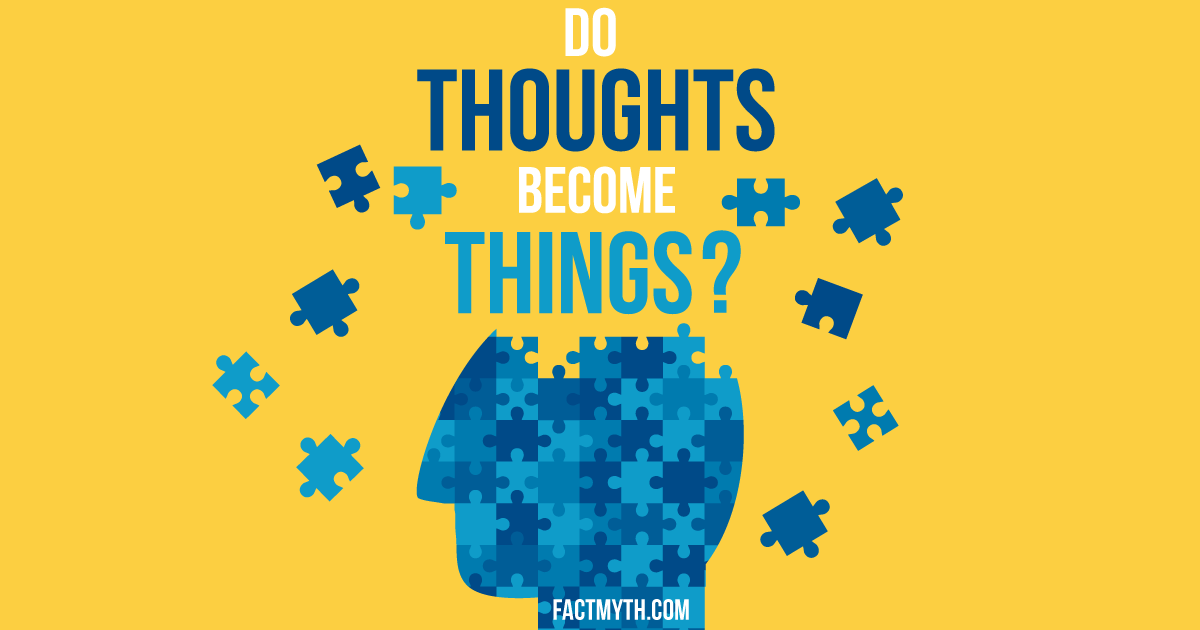
Our thoughts can shape our inner reality and outward perceptions of things (neuroplasticity), but to affect or create a reality outside ourselves, we must interact with the world and communicate our thoughts.
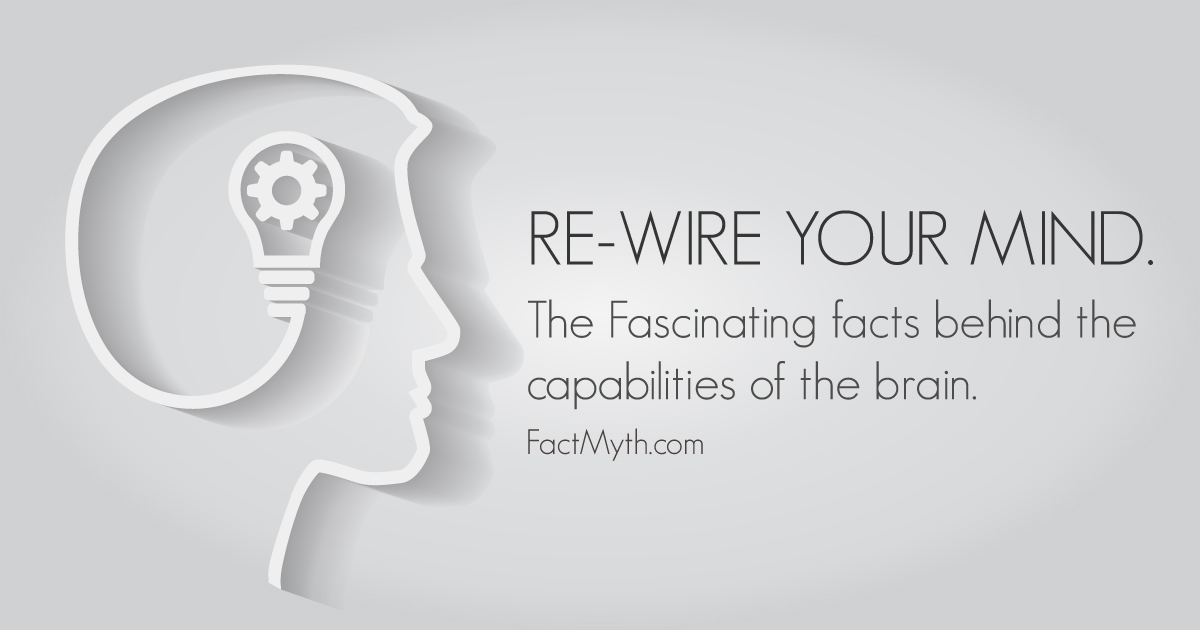
Thoughts and other stimuli can essentially “rewire” our brain, strengthening useful synaptic pathways and weakening less used ones, this is called neuroplasticity (AKA learning and memory).

Past results of random independent events, like a coin flip, don’t affect future results. The mistaken belief that past results affect future results is known as “the Gambler’s Fallacy” (AKA the Fallacy of the Maturity of Chances, or the Monte Carlo Fallacy).

If you build it, you increase the odds of them coming. In other words, if you put thought and energy into a project you increase the likelihood of success.
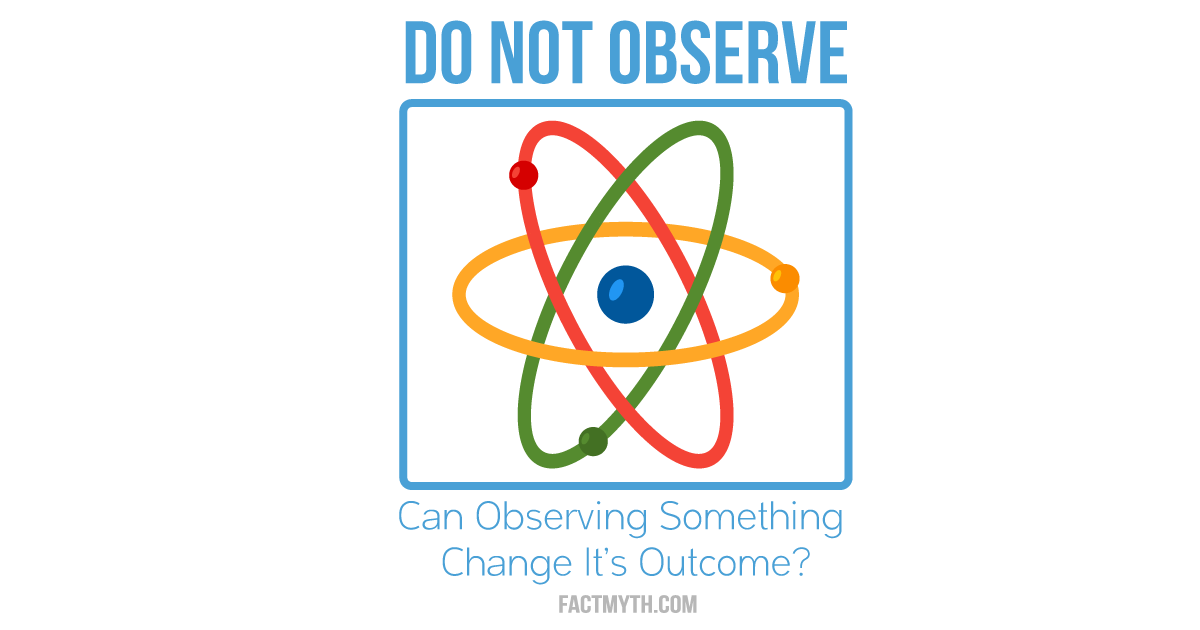
Observing a phenomenon can affect its outcome (observer effect). In science, this refers to particles existing in a state of probability until measured.
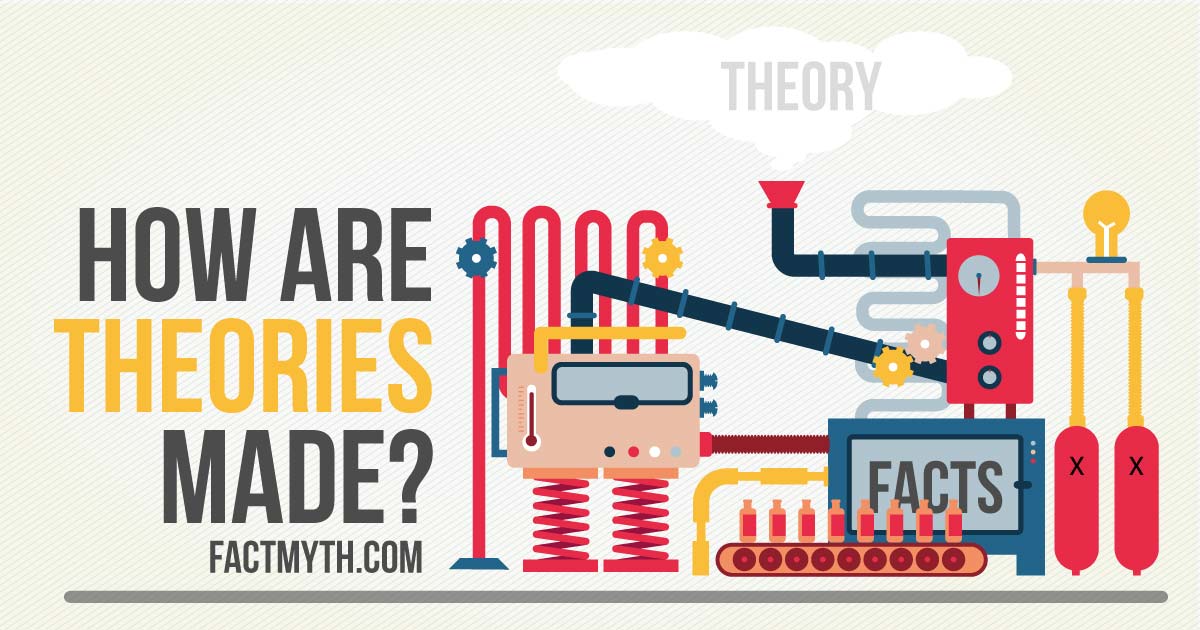
A theory can be true or not true, all we know about a scientific theory is that it has predictive power and hasn’t been proven wrong by experiment yet.
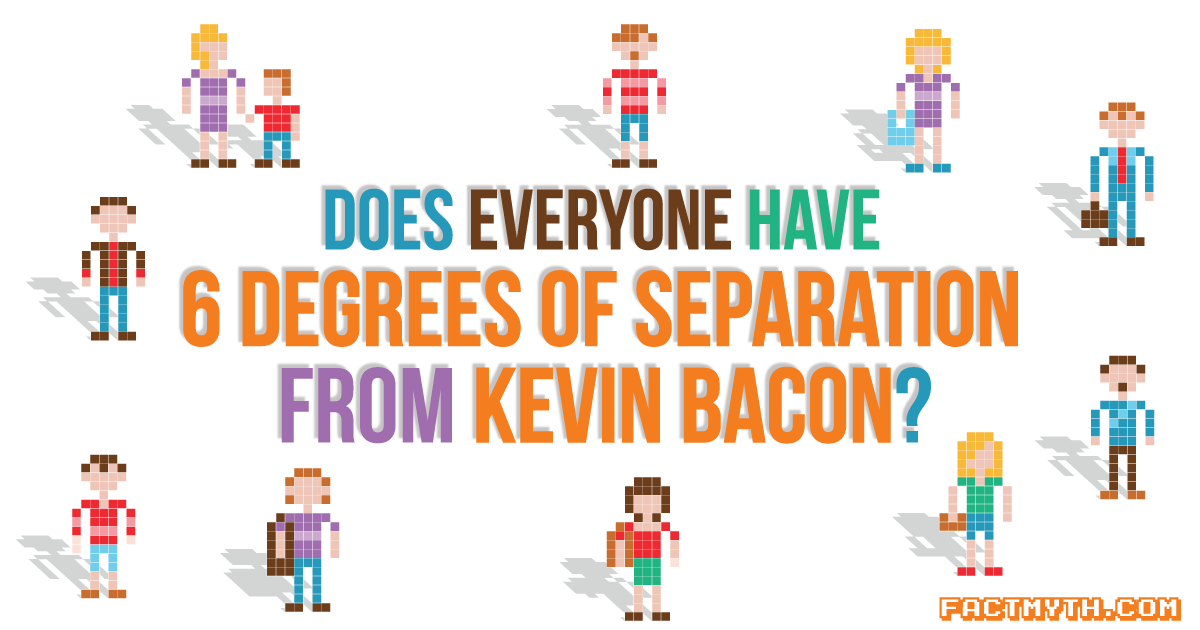
Most people have about 6 degrees of separation (small world theory), but not everyone has 6 degrees of separation from Kevin Bacon or any other given person.